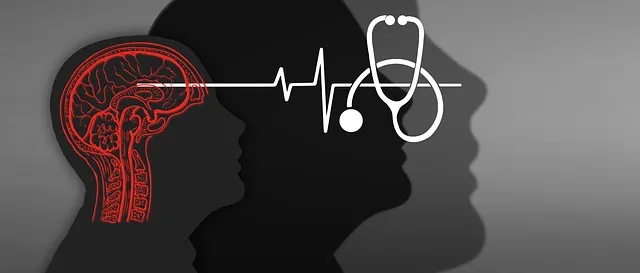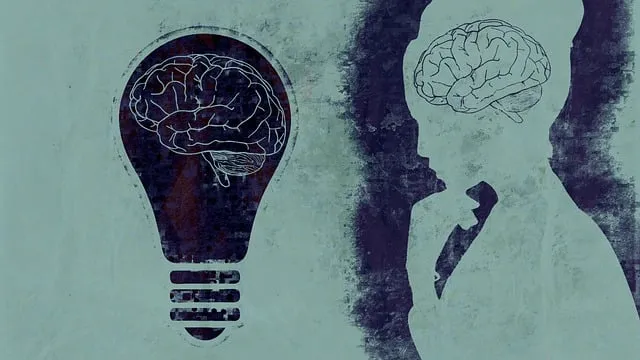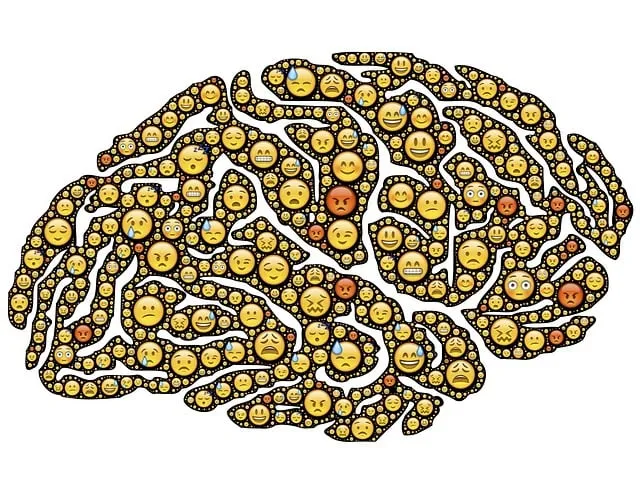Kaiser Healthcare in Longmont excels in providing culturally competent mental health services due to its rigorous therapist training programs. This involves understanding and respecting diverse cultural beliefs, values, and behaviors to ensure effective and accessible care. Through self-awareness exercises, sensitive education programs, and emotional well-being promotion techniques, Kaiser therapists tailor their practices to diverse backgrounds. Evaluations of these training programs measure success in mental health awareness and stigma reduction, ensuring improved patient outcomes and satisfaction for Longmont residents seeking therapy within the Kaiser network.
“In today’s diverse healthcare landscape, cultural competency among providers is more vital than ever. This article explores the critical need for cultural competency training, particularly examining Kaiser Healthcare’s innovative approach. We delve into effective strategies for developing skills that bridge cultural gaps and improve patient care. With a focus on Longmont, we assess whether Kaiser’s programs equip therapists with the tools to excel in culturally sensitive practices.”
- Understanding Cultural Competency in Healthcare: Why It Matters
- Kaiser Healthcare and its Approach to Training
- Effective Strategies for Cultural Competency Development
- Measuring Success: Evaluating Healthcare Provider Training Programs
Understanding Cultural Competency in Healthcare: Why It Matters

Cultural competency is a vital aspect of modern healthcare, especially in diverse communities like Longmont where Kaiser’s reputation for quality care extends to its therapists’ abilities. It involves understanding and respecting different cultural beliefs, values, and behaviors, ensuring that healthcare services are accessible and effective for all patients. This is particularly crucial when addressing mental health concerns, as cultural barriers can significantly impact a patient’s willingness to seek therapy or adhere to treatment plans.
In the realm of crisis intervention guidance, self-care practices, and risk management planning for mental health professionals, cultural competency serves as a cornerstone. By integrating knowledge about diverse populations, therapists can provide more nuanced support, ensuring that interventions are sensitive to individual backgrounds. This approach not only improves patient outcomes but also fosters trust between healthcare providers and clients from various cultural backgrounds, encouraging open communication and better mental well-being for all Longmont residents.
Kaiser Healthcare and its Approach to Training

Kaiser Healthcare, known for its comprehensive healthcare services, has recognized the importance of cultural competency training in fostering inclusive and effective patient care. Longmont residents who are seeking therapists within the Kaiser network can benefit from this commitment to diversity and understanding. Their approach involves extensive training programs designed to educate healthcare providers on various cultural nuances, ensuring that patients from diverse backgrounds receive personalized and empathetic treatment.
The training focuses on helping professionals develop skills to navigate complex cultural landscapes, understand implicit biases, and adapt their practices accordingly. This includes learning about different self-care practices tailored to diverse communities, which can enhance the overall mental wellness of patients. Kaiser’s Mental Wellness Podcast Series Production, for instance, offers valuable insights into maintaining mental health through culturally sensitive self-care routine development. Such initiatives not only improve patient outcomes but also create a more welcoming environment where folks feel heard and supported on their journeys to better mental health.
Effective Strategies for Cultural Competency Development

Effective cultural competency training involves a multi-faceted approach tailored to engage and empower healthcare providers. One key strategy is incorporating Self-Awareness Exercises that encourage reflection on personal biases, assumptions, and experiences. These exercises create a space for professionals to recognize their own cultural lenses and how they might influence patient interactions. By fostering self-awareness, providers can better understand the diverse needs of their patients from various backgrounds, ensuring more inclusive care.
Additionally, Mental Health Education Programs Design should be culturally sensitive, addressing the unique challenges faced by different communities. This includes learning about specific cultural practices, beliefs, and taboos related to mental health to avoid potential misunderstandings. Longmont’s Kaiser therapists, for instance, could benefit from such training to effectively serve a diverse population, promoting Emotional Well-being Promotion Techniques that resonate with all patients regardless of their cultural backgrounds.
Measuring Success: Evaluating Healthcare Provider Training Programs

Evaluating the success of healthcare provider cultural competency training programs is crucial to understanding their impact on patient care and outcomes. Measuring success goes beyond simply completing a training course; it involves assessing changes in attitudes, behaviors, and knowledge among participants. One effective method is using pre- and post-training assessments to track improvements in mental health awareness and reduction of stigma associated with various illnesses. These evaluations can reveal whether therapists or healthcare staff are better equipped to handle diverse patient populations and provide culturally sensitive care.
For instance, Longmont’s Kaiser Permanente has been recognized for its comprehensive training programs that focus on reducing the stigma of mental illness and improving stress reduction methods. By regularly assessing these training initiatives, Kaiser can ensure their effectiveness in preparing therapists to serve a diverse community. Such evaluations are essential tools to identify areas where further education or support is needed, ultimately enhancing patient satisfaction and outcomes.
Healthcare provider cultural competency training is a vital component in ensuring quality patient care, especially in diverse communities like Longmont. As Kaiser Healthcare’s successful approach demonstrates, comprehensive training programs can empower professionals to navigate complex cultural landscapes, fostering better patient relationships and outcomes. By adopting effective strategies outlined in this article, healthcare organizations can enhance their services, making them more inclusive and accessible for all, including those seeking therapy in Longmont. Evaluating program success through meaningful metrics is key to continuous improvement, ultimately benefiting patients and providers alike.






